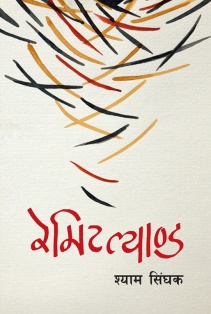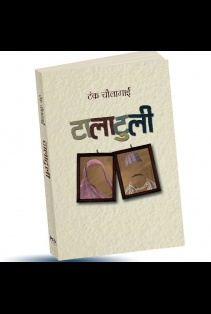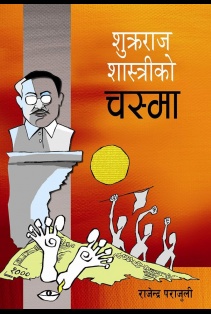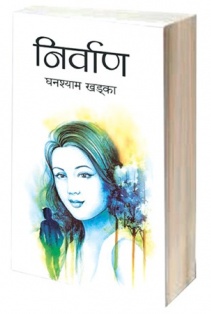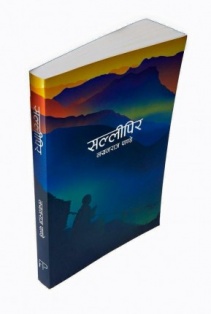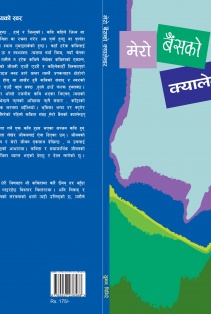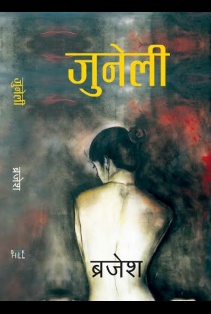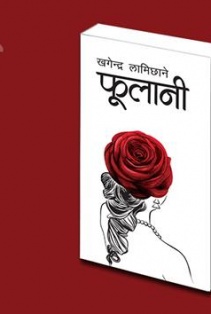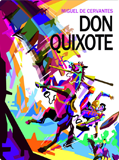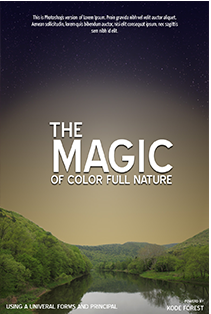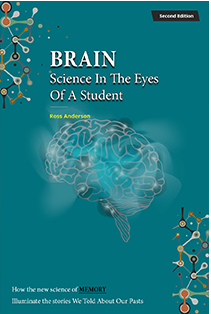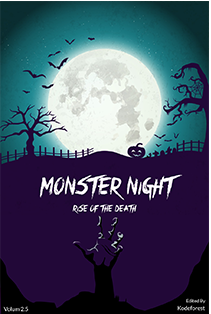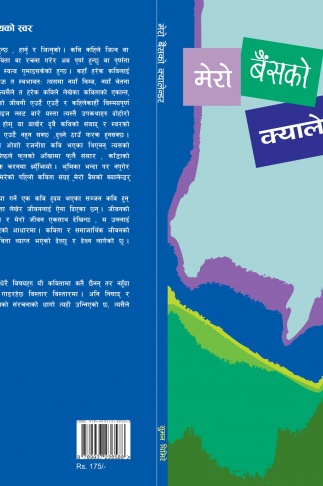
Mero Baisako Calendar
0 Readers reveiws
175
Writer : Suman Ghimire
“Mero Baisako Calander” includes the poems from full of social political satire to the
human instincts like dreams, love, loneliness and different human conditions. In this
sense Suman’s poems are successful to depict every ordinary person’s experiences in
her/his life. The poem titled “Mero Maanko Canvasma” is one of the examples of the
absurd feelings painted in everyone’s heart and mind. Everyone can feel little absurd,
little weird, little known and little unknown feelings in their mind in a certain mode of
life. Its natural and he has painted it through his words very beautifully in this poem.
Suman’s another strong point is to capture the present social and political reality in his
poems. Certain political and social satire can be smelt in his poem “Murti”. That stone
images (statues) on the roads or in parks just a mere stone images, helpless, just
witness of all the violence, corruption, devastation and social nudity but quiet quiet.
Our society and politics is the same quiet just a helpless witness of all the evils
happening around.
The poet has touchingly presented the real human condition either that is the pain of
an old father waiting for his never to be returned son from battlefield or the aching
heart of a young man missing his beloved in Broklyn Bridge.
Most of his poems are very short to make today’s busy readers easy to finish in one
sitting. But some poems seem to be very short to give its full meaning. They end
abruptly without leading to any particular point. His poems like ‘Sapana haru Ustai
Hune Rahecha’ and ‘Ba ra lahure Chora’ are philosophical and depth in its meaning
but at the same time this collection also includes the poems like ‘Brufin’ and ‘Asha’
which lacks the depth of previous poems. The women characteristics he has depicted
in his poem “Nari” can arise question that weather such characteristics can represent
today’s women?
Suman might have been little conscious on the selection of poems for this beautiful
collection.
Category: कविता
ISBN:
Edition: 1st
Publisher: Satako Sahitya

